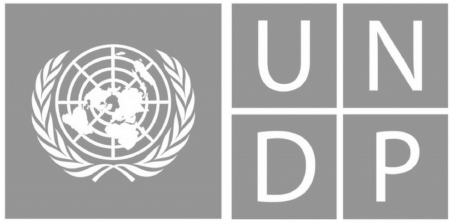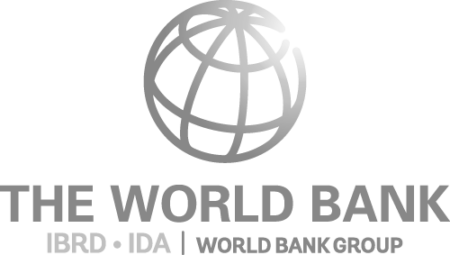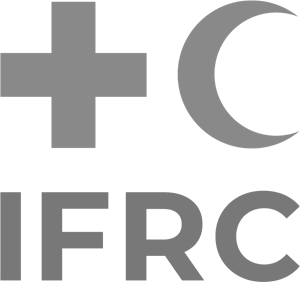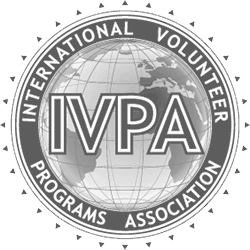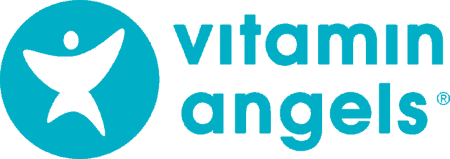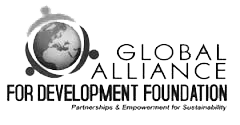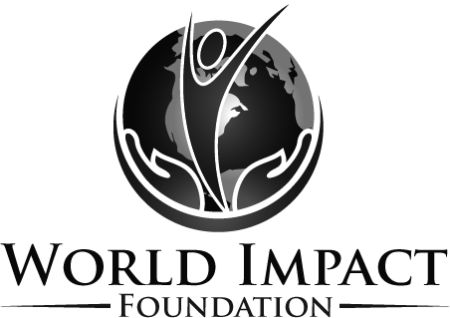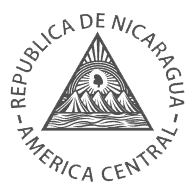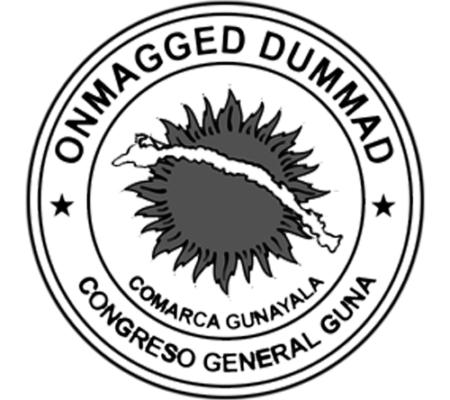Responding to COVID-19
Last updated: February 24, 2023
After more than a year of suspended operations due to COVID-19, we are thrilled to welcome volunteers back in our partner countries. Based on data reported to the Centers for Disease Control and Prevention (CDC), Global Brigades has developed several resources to keep our partners and volunteers updated on our latest safety precautions. We encourage you to review these resources regularly, as they are updated when new content becomes available.
Frequently Asked Questions
We appreciate the trust you place in our teams, both nationally and internationally when you participate in our programs. Please review the following frequently asked questions for more information about how we are adapting to respond to COVID-19.
For additional information, please refer to the following resources:
- Center for Disease Control COVID-19 International Travel Guidance
- State Department COVID-19 Traveler Information
- World Health Organization
- Government of Canada Coronavirus Information
For country-specific COVID-19 information including entry requirements/restrictions, please visit the following US Embassy websites:
What additional precautions are being taken in light of Covid-19 to ensure the safety of staff, volunteers and community members?
Global Brigades is taking a number of precautions to mitigate the risks of COVID transmission on brigade programs, including but not limited to the following:
- Recommending that volunteers are fully vaccinated prior to their arrival in-country.
- COVID health screening of all brigade staff prior to the brigade.
- Making face masks and other PPE available for all brigade participants, staff, and community members.
- Regular cleaning/sanitizing of all lodging facilities.
- Enhanced precautions on brigade days: health screening of community members, social distancing guidelines, and encouraging use of PPE.
Will I need to obtain a negative COVID-19 test prior to my participation in a brigade?
Global Brigades no longer requires all volunteers to obtain a negative Covid test before the brigade. However, depending on your vaccination status and the entry requirements of the country you are traveling to, you may be required to show proof of a negative Covid test prior to entering your brigade destination. Specific testing requirements and time frames vary based on the destination. Please refer to the appropriate Embassy’s website below for the most up to date information of each country’s requirements:
Do I need to have the vaccine in order to participate in a brigade?
You may be required to be fully vaccinated against Covid-19 depending on the requirements of each country. Please refer to the links above for the updated entry requirements for each country. In all cases, the COVID vaccine is strongly recommended.
Based on the advice of our advising physicians, Global Brigades strongly recommends, but does not require, that all volunteers who wish to participate in an in-person brigade are fully up to date on their COVID vaccinations. Volunteers who have received their full vaccination more than 6 months before their brigade are recommended to receive a booster shot before traveling.
*Non-US citizens who are traveling to or through the United States on their return will be required to show proof of vaccination at the airport before re-entering the United States.
Please visit CDC Vaccines for COVID-19 and VaccineFinder for more information on the vaccine and where to get it. Non-US volunteers should check with their local healthcare providers.
What is the protocol if a volunteer presents symptoms of COVID-19 while on brigade? What insurance coverage do they have?
In the event that a volunteer presents symptoms of COVID-19 while on the brigade, our local medical staff will arrange for a Covid test to be administered. Upon consultation by a local physician if the symptoms are mild, the volunteer will remain quarantined and under observation at their lodging facility or other designated accommodations. If the symptoms are serious and the volunteer is at higher risk of complication due to pre-existing conditions, they will be transported to a medical facility in the capital city as recommended by their treating physician. In the event a volunteer tests positive for Covid towards the end of their Brigade and symptoms persist through their date of departure, they are encouraged to remain in-country under the care and support of Global Brigades’ staff until they recover. However that decision is solely left to the volunteer.
All volunteer participants are automatically covered under emergency Global Brigades’ medical travel insurance for the duration of their program. The emergency medical travel insurance policy covers medical expenses for emergency medical treatment related to a diagnosis of COVID-19. Visit this page for more information on the emergency medical travel insurance that all GB volunteers are automatically enrolled in, and for information on increasing coverage.
Additional details about the Core Travel insurance program, the trip cancellation benefits, and answers to frequently asked questions can be found in the FAQ: Global Brigades Insurance Document and the FAQ: Global Medical Brigades Insurance Document.
Volunteers wishing to secure additional travel insurance coverage through third-party providers can find available options on Square Mouth.
What is the protocol if a community member presents symptoms of COVID-19 during the brigade?
All community members at the brigade site are screened on intake Participating community members will be required to practice social distancing and are asked to wear masks while interacting with staff and volunteers.
Will I need to obtain a negative test in order to re-enter the United States at the conclusion of my brigade?
No, as of June 12th, 2022, the CDC announced they will no longer be requiring all air passengers arriving to the US from a foreign country to present a negative result before boarding their flight into the US.
*Non-US citizens traveling back to the United States will be required to show proof of vaccination at the airport before re-entering the United States.
Is Global Brigades going to provide PPE for volunteers and community members? Do we need to bring masks/equipment with us?
Yes, Global Brigades will have PPE (ie: masks, face shields) available for volunteer participants as well as community members. However to ensure these resources are plentiful we would also encourage all volunteers to bring their own supplies of PPE, particularly masks and face shields.
What happens if my brigade is postponed due to COVID-19?
In the event your brigade is postponed,, your Program Associate will work closely with you to provide options on rescheduling your brigade, either to an in-person brigade at a later date or switching to a virtual brigade program (TeleBrigade). For additional information please refer to the relevant fundraising page on the Volunteer Resource Site for information about postponements or cancellations.
Will I be required to have my booster shot before coming on the brigade?
Though not required, Global Brigades recommends that all brigade volunteers be up to date on their COVID-19 vaccinations in order to participate in a brigade. We follow the CDC’s recommended booster timetable, and strongly suggest all brigade participants to receive their booster shot once eligible.
Non-US citizens will be required to show proof of vaccination at the airport before re-entering the United States.


